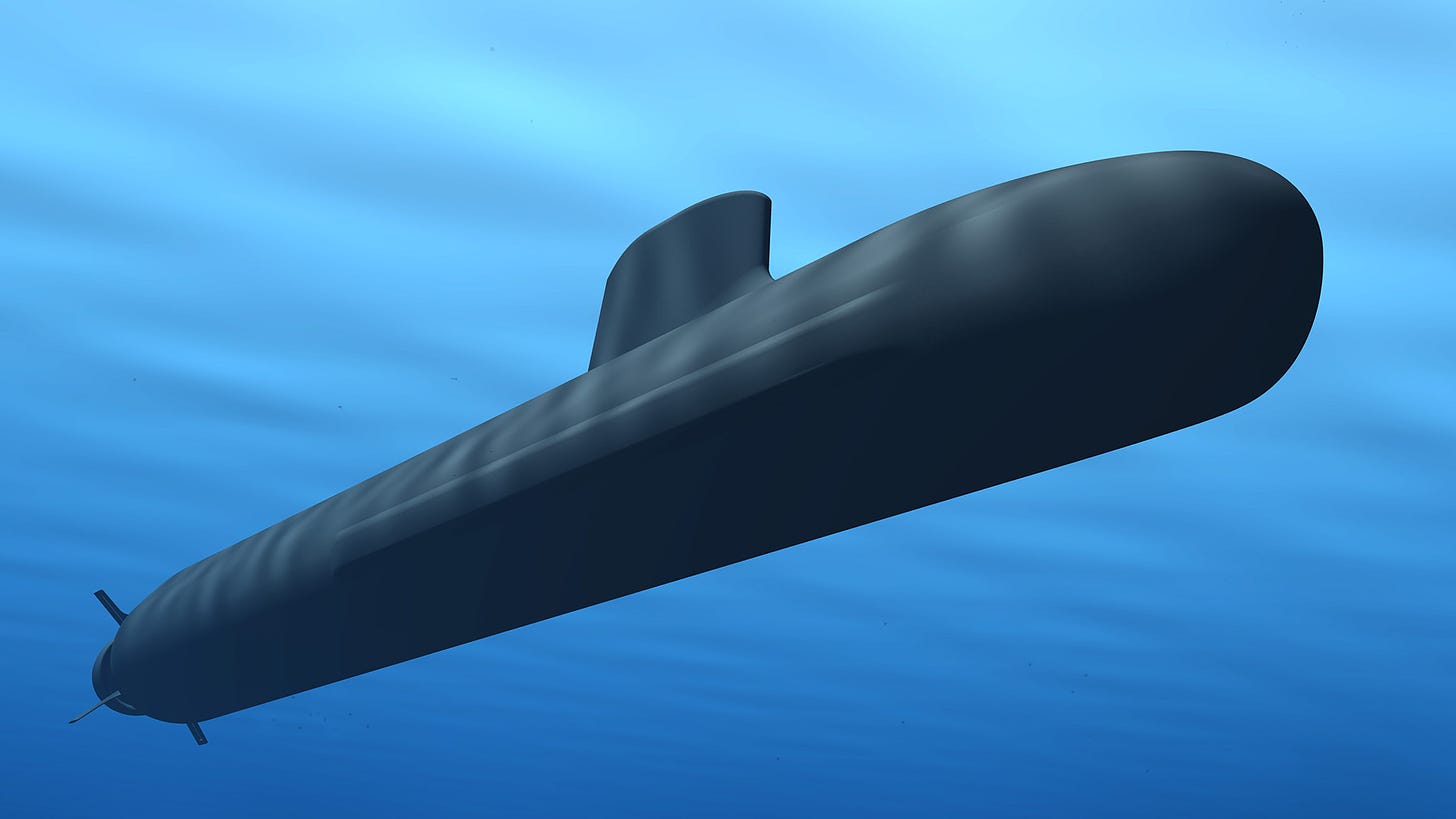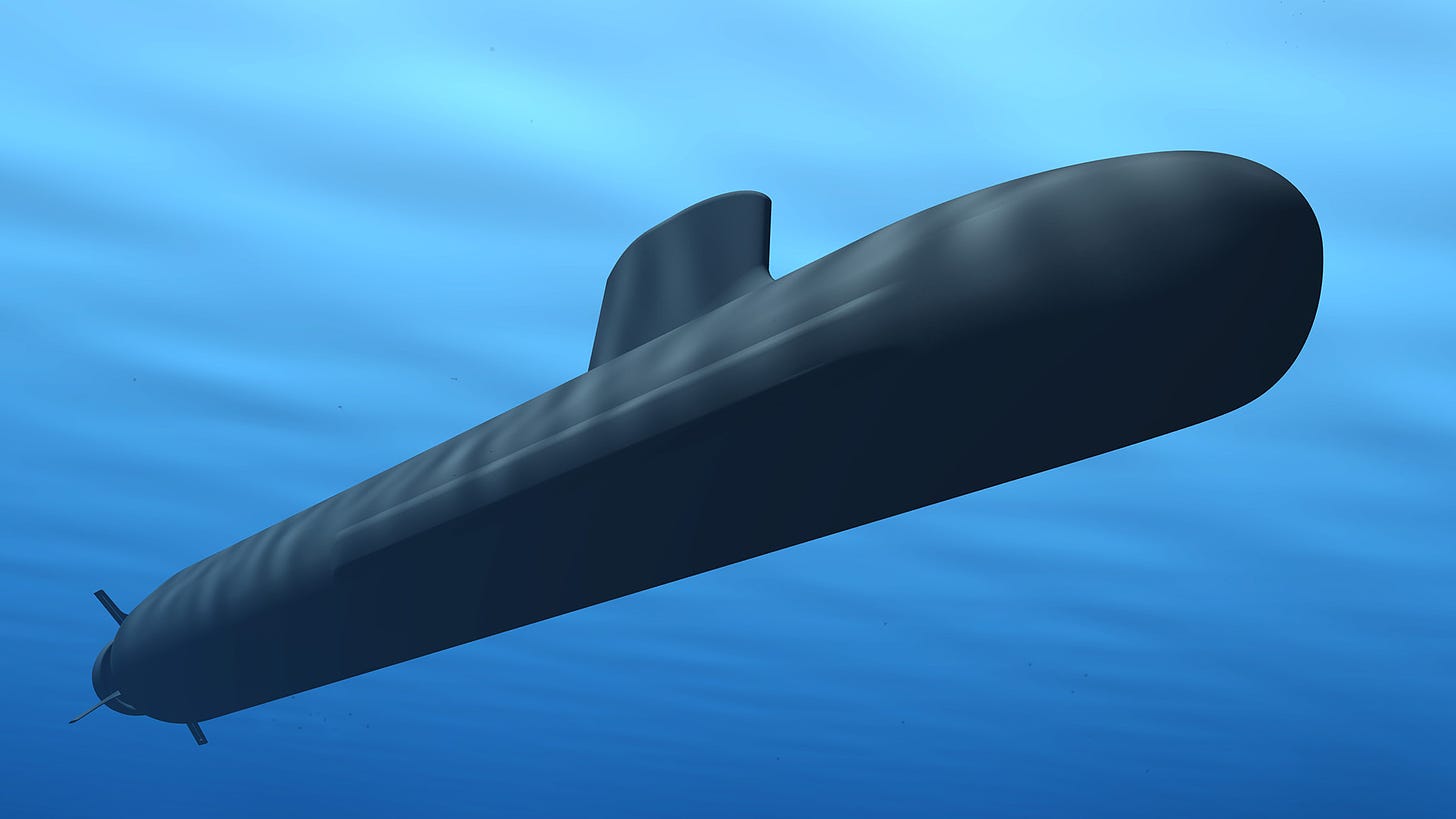For a whole host of reasons, Australia needs a potent and numerous submarine force. Geography and potential opponents make the case pretty straight forward.
It looks like they are not on a smooth path;
As this is written, the head of the French naval construction company Naval Group, Pierre Eric Pommellet, is in Australia meeting federal ministers in an attempt to rescue the contract. Tragically for Australia – and for Monsieur Pommellet – not one of those ministers has the experience or competence to wrangle a successful result. Many informed commentators in France, Australia and elsewhere now expect the much-celebrated deal to be abandoned. If that happens, replacing the current ageing submarines would be delayed many years, depending on the timing of the change of government to a capable administration....Several of Australia’s specifications were plain foolish, as Binoy Kampmark summarised for IA. A nuclear submarine with a diesel-electric engine is a fail. An American combat system won’t work in a French vessel because the Americans and the French do not talk. Lead-acid batteries will be obsolete well before the subs are delivered.
France’s original tender documents put the cost of the project at between $20 billion and $25 billion. The cost in the initial agreement signed in late 2016 was $50 billion.
There were other options than what the French were offering, but here we are.
What Australians and her allies need to be careful about - and push back hard on - is thinking like this; Replacing the current six Collins-class vessels is certainly justifiable and possibly increasing that to seven or eight.
Comparisons with other countries suggest 12 is excessive.
Taiwan with a similar population to Australia’s and much greater defence vulnerability has four. Canada with a much higher population also has four. Argentina and Spain with roughly twice Australia’s population each have two. Germany which has a population more than three times Australia’s and is a major submarine manufacturer has six. Brazil with eight times the population has six. Mexico with five times the population has none. New Zealand with arguably the same defence vulnerability as Australia has none.
Twelve is thus excessive, especially as this Government has borrowed $73 billion on average each year for the past seven years – a total debt blow-out of $541 billion – while all well-managed economies have substantially reduced their debt.
I invite everyone to get a globe and look where those nations are, who their neighbors are, how big they are, how close their nearest allies are ... and then read the above again.
If you have a spare prayer, send one down under. They ... and we ... need this to work.





